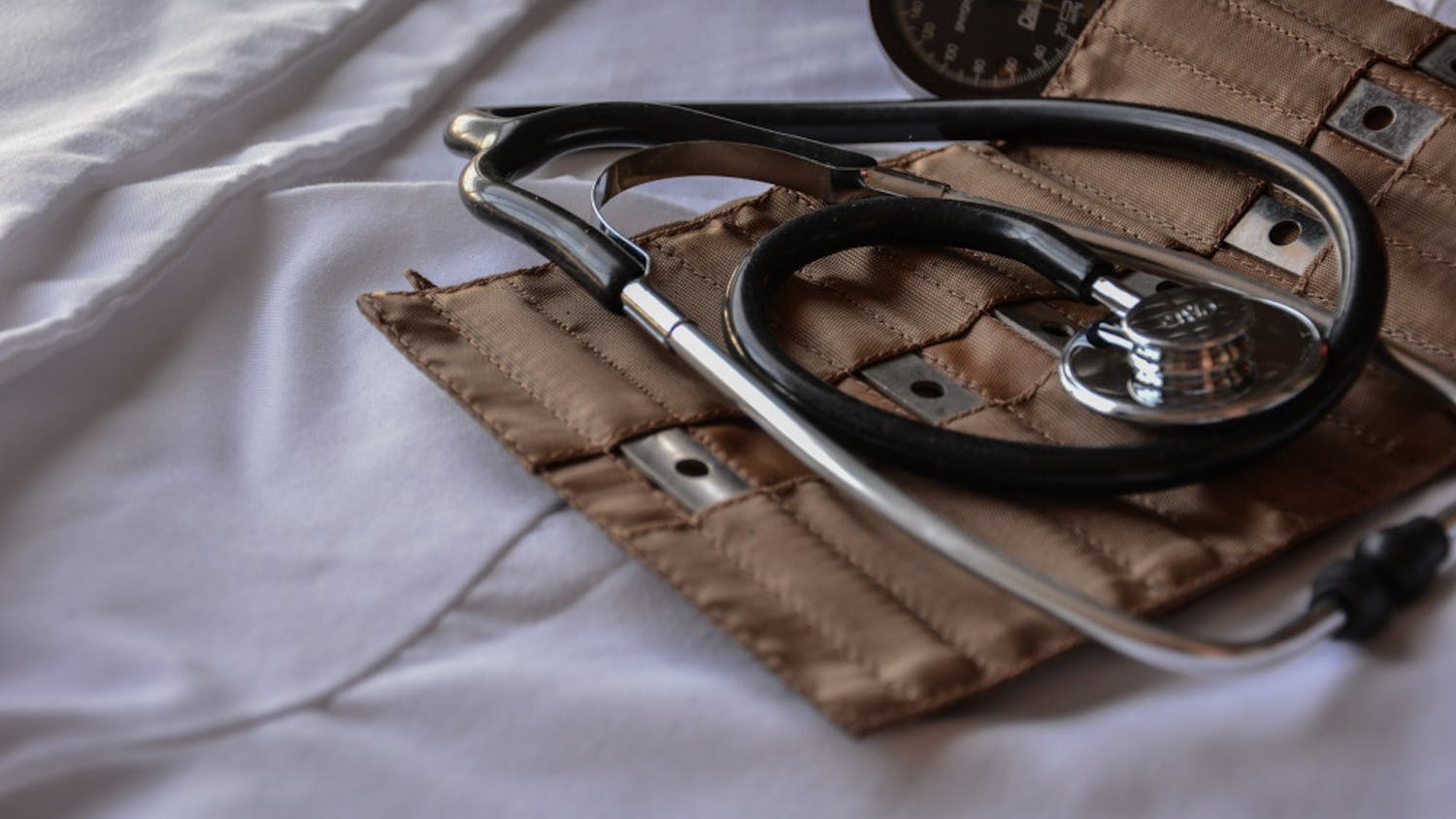Stroke patients will be able to socialize and improve motor skills in a handicapped-accessible greenhouse.
In UF Health’s Wilmot Gardens, those with stroke-related paralysis, where certain body parts don’t move correctly or speech is impaired, can participate in a new therapeutic horticulture program, said Dr. Craig Tisher, a UF College of Medicine professor emeritus.
The first participants will begin the 12-week program Wednesday, said Elizabeth Diehl, the Wilmot Gardens director of therapeutic horticulture. The group of eight to 10 patients will meet weekly at the Wilmot Gardens greenhouse, 2023 Mowry Road, and will plant seeds and cut the plants for art projects.
People with paralysis can feel depressed, Tisher said.
The program allows patients to feel like they’re contributing to their communities, Diehl said.
"We’re giving them a new spirit, new self-confidence, a sense of self-efficacy that they can actually do this," Diehl said.
Although most of the healing is psychological, she said physical healing may also occur. Moving around the greenhouse, mixing soil and spraying misting bottles all help fine-tune motor skills.
Tisher said the idea for the program came after applying for the Quality of Life research grant from the Christopher and Dana Reeve Foundation. Wilmot Gardens was awarded the grant, which means patients’ activities are fully funded at no expense to them.
Tisher said after the gardens got the grant he decided to focus on stroke patients. Because UF Health Shands Hospital treats about 250 to 300 acute stroke patients a year, he said there is need for the program in Gainesville.
Diehl said the program will provide participants with the skills and tools to continue gardening at home.
"Our hope, especially with this group because it is a Quality of Life Grant, is to increase the quality of life through working with horticulture," she said.





